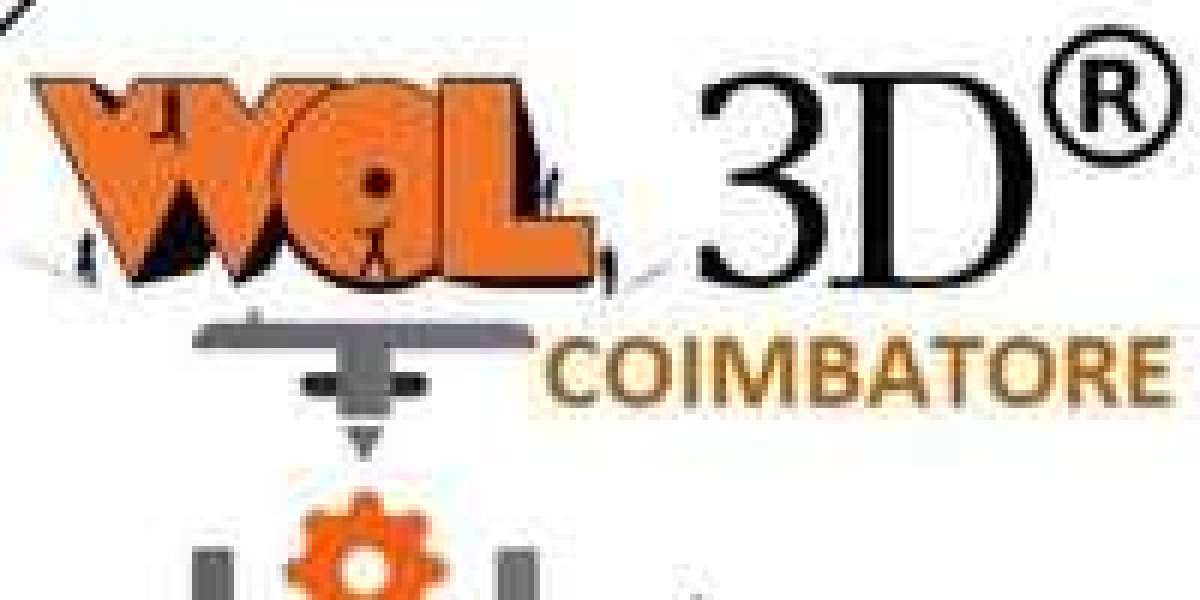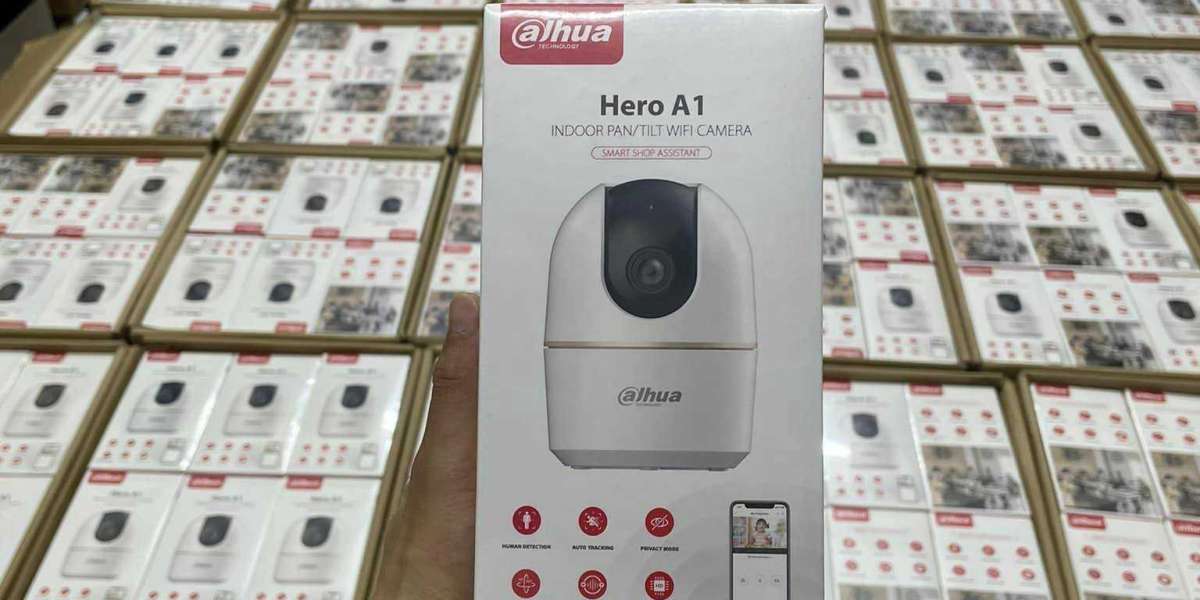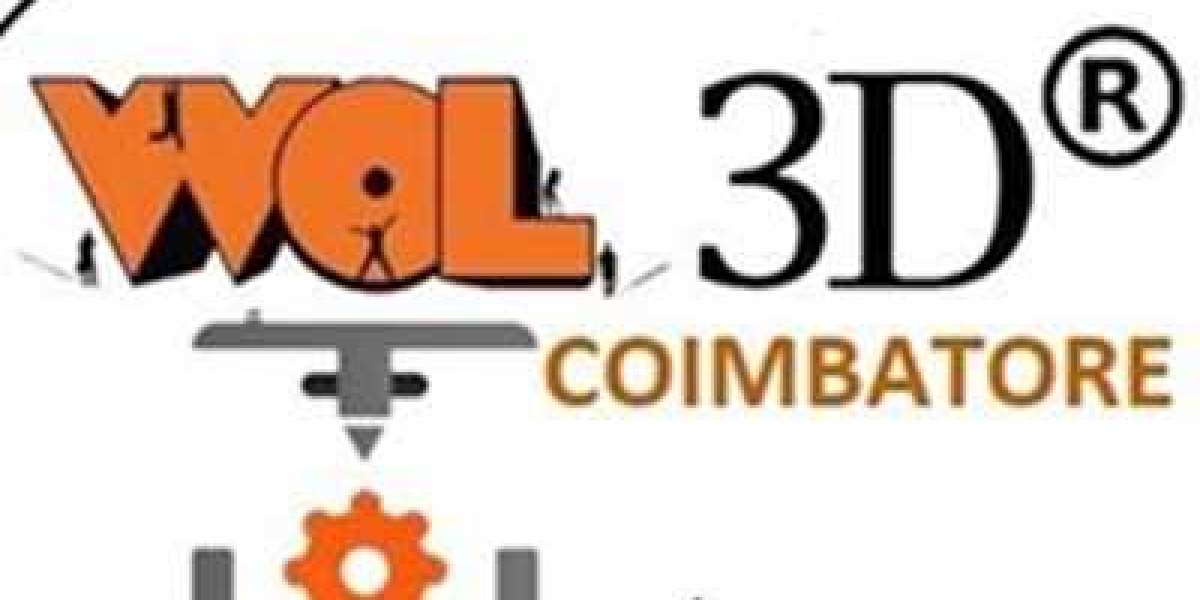In the manufacturing industry, the efficiency of your operations can significantly depend on the quality and reliability of your filters. Large-scale filter procurement is a critical process that requires careful planning and execution. This article aims to provide a deep understanding of the filter procurement process, ensuring you can meet your operational needs effectively.
Understanding Large-Scale Filter Procurement
Large-scale filter procurement involves sourcing filters in bulk to meet the demands of extensive manufacturing operations. This process is not just about buying filters; it encompasses evaluating suppliers, ensuring quality standards, and managing logistics. Have you ever wondered how to streamline this process?
Key Considerations in Filter Procurement
When engaging in large-scale filter procurement, several factors must be considered:
- Quality Assurance: Ensuring the filters meet industry standards and specifications.
- Supplier Reliability: Choosing suppliers with a proven track record of delivering on time and maintaining quality.
- Cost Efficiency: Balancing cost with quality to ensure value for money.
- Logistics Management: Coordinating the delivery and storage of filters to avoid disruptions in operations.
Steps to Streamline Your Procurement Process
To streamline your filter procurement process, consider the following steps:
- Conduct a Needs Assessment: Identify the specific types and quantities of filters required for your operations.
- Evaluate Suppliers: Research and compare potential suppliers based on quality, reliability, and cost.
- Negotiate Contracts: Establish clear terms and conditions with your chosen suppliers to ensure mutual understanding and commitment.
- Implement Quality Control: Set up procedures to inspect and verify the quality of filters upon delivery.
- Optimize Logistics: Plan and coordinate the delivery schedule to align with your production timelines.
Case Study: Successful Filter Procurement
Let's look at a real-world example. A leading manufacturing company recently streamlined their filter procurement process by partnering with a reputable supplier. They implemented a robust quality control system and optimized their logistics, resulting in a 20% reduction in downtime and a 15% cost saving.
"The key to our success was choosing the right supplier and maintaining stringent quality standards," said the procurement manager.
Product Spotlight: High-Efficiency Filters
One of the products that played a crucial role in their success was the High-Efficiency Filter. This filter is designed to meet the highest industry standards, ensuring optimal performance and longevity.

Watch: Filter Procurement Best Practices
For a more detailed understanding, watch this video on best practices in filter procurement:
Conclusion
In conclusion, large-scale filter procurement is a complex but manageable process. By focusing on quality assurance, supplier reliability, cost efficiency, and logistics management, you can streamline your procurement process and enhance your manufacturing operations. Remember, the right filters can make a significant difference in your production efficiency and overall success.







